MOLDOVA
The Republic of Moldova in Eastern Europe emerged from the dissolution of the Soviet Union in the 1990s. At that time, Transnistria, an eastern Moldovan region bordering Ukraine declared independence. Russian intervention in support of Transnistria led to a ceasefire in 1992, yet the area remains disputed and is occupied by Russian troops. Economic struggles followed. Moldova became Europe's poorest nation by the late 1990s. Mass emigration led in part to many children being abandoned to state orphanages, which often colluded with human traffickers. Despite closing the majority of its orphanages since those days, Moldova’s subsequent programs to support orphans have proven ineffective.
Due to the current war in Ukraine, Moldova’s own challenges to combat human trafficking and support at-risk youth have become even more complicated. Forcibly displaced Ukrainian women and children residing as refugees in Moldova being targeted and exploited by traffickers, compounding an already severe humanitarian crisis. The impoverished country desperately needs help to implement systems properly vet and train organizations and individual volunteers who are helping refugees.
Successive conflict and its aftermath have created conditions for multi-generational trauma impacting at-risk youth in Moldova. The Soviet occupation and the repression that accompanied it, the civil war over Transnistria still unresolved today, and the present destabilization caused by the war in Ukraine continue a devastating impact on the country’s native and refugee populations. As is so often the case in such situations, it is children and adolescents who are the most vulnerable. ChildVoice is working with our Moldovan partners to help them heal from trauma, restore their hope, and set them on a path of restoration with the resilience and skills they need to live healthy and productive lives.
